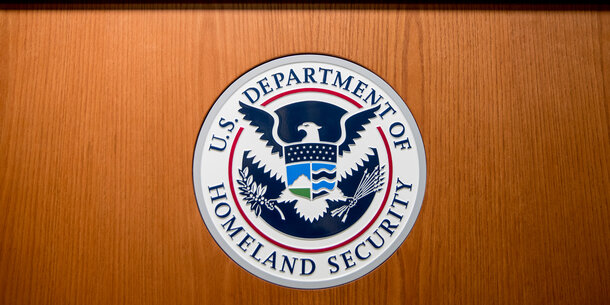Operating under Section 702 of the Foreign Intelligence Surveillance Act of 1978, the “upstream” surveillance program, revealed by Edward Snowden, taps into the cables that transmit digital data internationally. After copying all communications than run through this “backbone,” the NSA searches for content associated with Section 702 “targets.” These may include any foreigner overseas — as long as a significant purpose of the collection is to obtain “foreign intelligence information,” broadly defined in the statute to encompass any information relevant to the foreign affairs of the United States. The filtered data is then retained for future searches, providing a gaping backdoor for the surveillance of Americans who may be in contact with foreigners overseas.
The Wikimedia Foundation and similar nonprofit entities, represented by the ACLU, filed a lawsuit against the NSA in the United States District Court for the District of Maryland in March 2015, alleging that the upstream program violated Internet users’ First and Fourth Amendment rights. The district court dismissed the case, holding that Wikimedia had not demonstrated that its data had been seized by the NSA. On appeal, the Fourth Circuit vacated the district court’s judgment and held that Wikimedia had alleged more than speculative injury.
On remand, the government pulled the state secrets privilege out of its toolkit. The NSA claimed that allowing depositions and discovery to continue would damage national security, and the district court responded in 2018 by once again dismissing the suit. Wikimedia appealed to the Fourth Circuit, and the Brennan Center, joined by the Americans for Prosperity Foundation, the Electronic Frontier Foundation, the Electronic Privacy Information Center, FreedomWorks, and TechFreedom, filed an amicus brief in support of the plaintiff-appellant.
Our brief explains the harm that would flow from allowing the state secrets privilege to effectively foreclose civil litigation challenging FISA abuses. In particular, it demonstrates that the remaining ways of obtaining judicial review of FISA surveillance—through review by the Foreign Intelligence Surveillance Court, and by challenges to evidence introduced in criminal proceedings—have proven inadequate to protect civil liberties against governmental abuses of FISA. It concludes that the ongoing viability of the civil litigation option — and, thus, a rejection of the government’s efforts to shut down civil litigation using the state secrets privilege — is critical to ensure accountability and the rule of law.
On September 16, 2021, the Fourth Circuit upheld the district court’s dismissal on state-secrets grounds.
On September 29, 2022, the Brennan Center, joined by Clause 40, the Due Process Institute, the Electronic Privacy Information Center, FreedomWorks, the Project on Privacy and Surveillance Accountability, and TechFreedom, filed an amicus brief with the Supreme Court supporting Wikimedia’s petition for certiorari. Our brief explains that the Fourth Circuit’s decision, combined with the Supreme Court’s recent holding in FBI v. Fazaga, would eliminate the last viable option for meaningful judicial review of FISA surveillance. The brief urges the Supreme Court to clarify that the state secrets privilege may not be used to sidestep civil litigation in cases where plaintiffs do not rely on privileged evidence, lest the privilege eviscerate a critical check on abuses of government surveillance power.
Read the Brennan Center’s briefs below.
Wikimedia v. NSA (Amicus Brief) by The Brennan Center for Justice on Scribd
Wikimedia v. NSA (Amicus Brief) by The Brennan Center for Justice on Scribd




